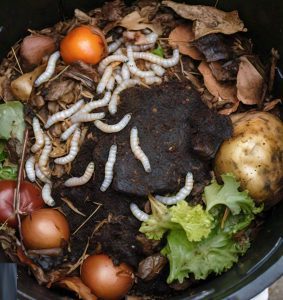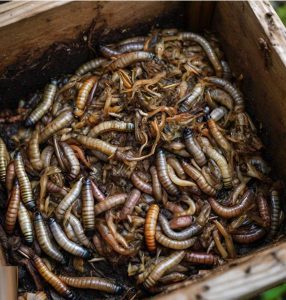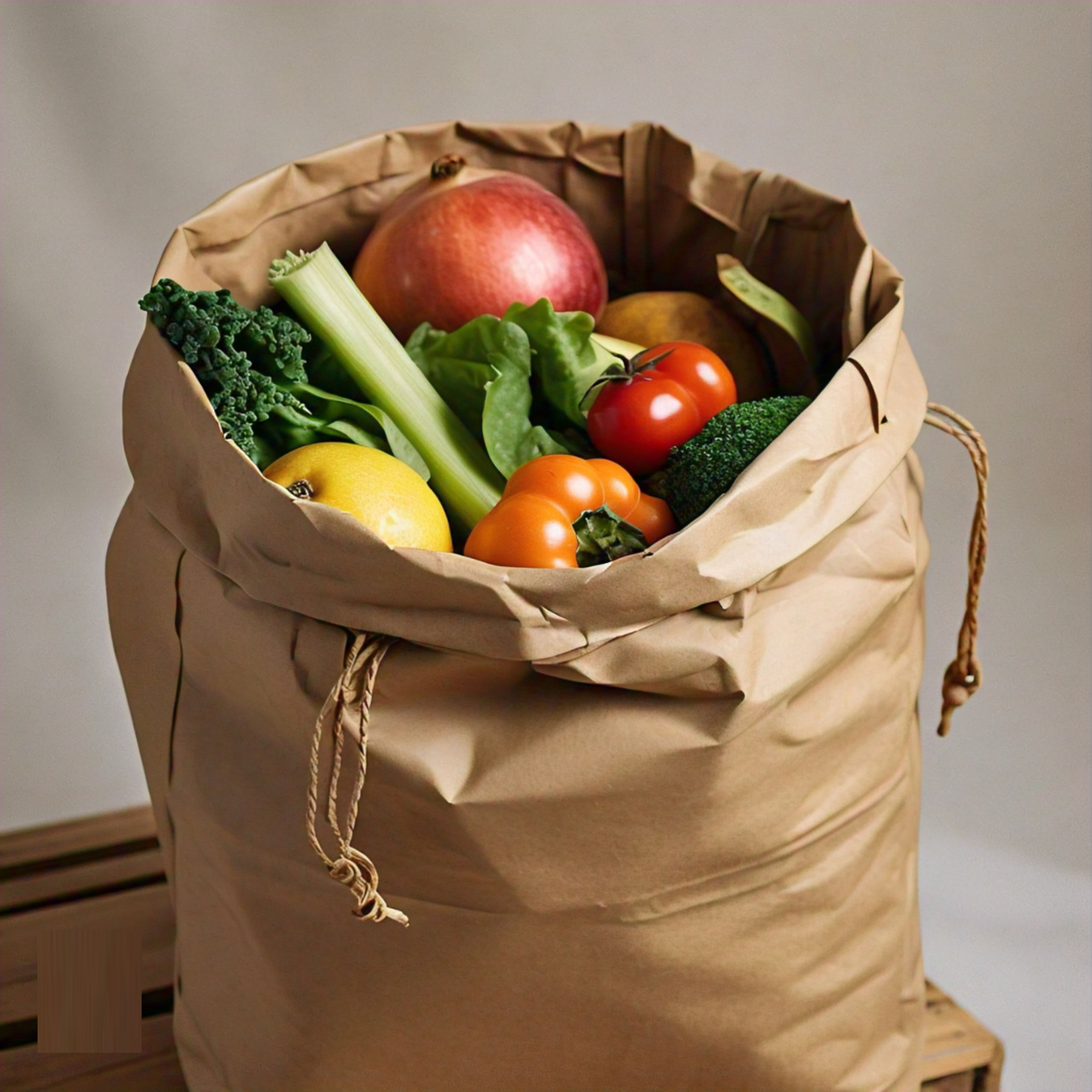The Surprising Truth about Maggots in Compost: A Gardener’s Guide:
Composting is a time-commemorated exercise embraced by way of gardeners and horticulturists alike. It’s the system of recycling natural depend, which include kitchen scraps and backyard waste, into precious soil amendments that enhance our gardens. By composting, we lessen waste, beautify soil fertility, and make a contribution to a more fit surroundings. However, one not unusual and once in a while alarming sight in compost piles is maggots. For many, the advent of these wriggly creatures would possibly appear like a trouble, but is it definitely?
In this blog put up, we’ll discover the role of maggots in compost, dropping light on why they show up, their advantages, and how to manage them. Whether you’re a seasoned gardener or a garden lover trying to delve into composting, you’ll discover actionable insights that will help you flip your compost pile into black gold.
What Are Maggots?
Maggots are the larvae degree of positive bugs, most commonly flies. They are small, legless critters that thrive in natural count, breaking it down as they feed. In the context of composting, maggots play a essential role in the decomposition method, aiding in the breakdown of organic materials into nutrient-rich compost.
One of the not unusual forms of maggots determined in compost is the larvae of the black soldier fly. These larvae are specifically efficient at decomposing organic rely, turning meals scraps into precious compost unexpectedly. Unlike housefly larvae, black soldier fly larvae do now not transmit sicknesses, making them a useful presence on your compost pile.

Why Do Maggots Appear in Compost?
Maggots are interested in compost because of several favorable situations. First, they thrive in moist environments in which organic depend is considerable. Compost piles, wealthy with meals scraps and yard waste, provide the precise habitat for those larvae. The warmth generated by way of the composting manner in addition draws maggots, developing a really perfect breeding ground.
Certain styles of waste are specially attractive to maggots in compost. Food scraps, particularly the ones containing meat, dairy, and oily residues, are highly attractive. These nutrient-dense scraps provide the precise meals supply for maggots, encouraging their presence within the compost heap.
Are Maggots in Compost Good or Bad?
The presence of maggots in compost is a double-edged sword. On the only hand, maggots in compost appreciably accelerate the decomposition in containers. Their voracious urge for food for organic count manner that meals scraps and waste are broken down greater speedy, resulting in nutrient-wealthy compost in a shorter time body. This may be a boon for gardeners looking to improve their soil unexpectedly.
On the opposite hand, maggots in compost can be off-setting because of their look and the potential scent they convey. While black soldier fly larvae are useful, the sight of them wriggling via compost may be unsightly for some. Additionally, if no longer managed nicely, maggots can attract different pests and create an unsightly odor, making the composting revel in less fun.
How to Manage Maggots in Compost:
Preventive Measures:
Proper Balance of Green and Brown Materials: Ensuring a terrific blend of inexperienced (nitrogen-rich) and brown (carbon-rich) materials enables hold the proper conditions for composting without encouraging immoderate maggot infestation. Green substances encompass kitchen scraps and clean grass clippings, whilst brown substances encompass dry leaves and straw.
Avoiding Certain Types of Waste: To save you maggots, avoid including meat, dairy, and oily foods to your compost pile. These gadgets attract flies that lay eggs, leading to maggot infestations.
Maintaining the Right Moisture Level: Compost ought to be wet but now not wet. Too a good deal moisture creates a perfect environment for maggots. Aim for the consistency of a wrung-out sponge to preserve moisture stages in take a look at.
Control Measures:
Mixing the Compost Regularly: Turning the compost pile regularly helps to aerate it and disrupts the surroundings that maggots thrive in. This also hurries up the decomposition method by using ensuring all substances are frivolously broken down.
Adding More Carbon-Rich Materials: If maggots in compost are becoming a trouble, upload extra carbon-wealthy materials like dry leaves or straw. This allows to stability the compost and reduce the conditions that appeal to maggots.
Using Lime or Calcium: Adding a small amount of lime or crushed eggshells to the compost can reduce acidity, making the environment less favorable for maggots.
How to Remove Maggots in compost if Necessary:
If maggots become overwhelming or if their presence is unwanted, several elimination techniques can be hired:
Manual Removal Techniques: Use a shovel or gloves to put off maggots manually from the compost pile. This may be time-consuming however effective for small infestations.
Adjusting Compost Pile Conditions: Adjusting aeration and moisture control can make the compost less hospitable to maggots. Ensure the pile is properly-aerated and no longer too wet.
Natural Repellents or Deterrents: Sprinkle herbal repellents like diatomaceous earth or neem oil on the compost pile. These materials are safe for the surroundings and may help deter maggots.

When to Be Concerned About Maggots:
While maggots may be useful, there are conditions in which their presence might imply a hassle:
Excessive Numbers: A few maggots are regular, however an excessive wide variety would possibly advocate an imbalance on your compost pile. Too many maggots indicate that the pile is just too wet or contains an excessive amount of food waste.
Unpleasant Odor: A robust, unsightly smell frequently accompanies maggot infestations. This scent can attract different pests and indicate that the compost pile isn’t always balanced efficiently.
Signs of Other Pests: Maggots can attract other pests like rodents or larger insects. If you observe symptoms of different pests, it may be time to take more giant movement to control your compost pile.
Conclusion:
Maggots in compost might first of all appear alarming, but they can be a critical issue of the decomposition procedure. By knowledge their position and managing their presence, gardeners and horticulturists can harness the advantages of maggots even as minimizing any potential downsides.
Remember, maggots help accelerate decomposition, resulting in nutrient-rich compost that could benefit your lawn immensely. Embrace the natural procedure of composting, and don’t be afraid to get your hands dirty—actually! If you have got any tips or reviews to share approximately managing maggots on your compost, sense loose to depart a comment under. Happy composting!
By incorporating those realistic tips and insights, you could ensure that your composting efforts are successful and that your lawn thrives with the assist of nutrient-wealthy compost.



